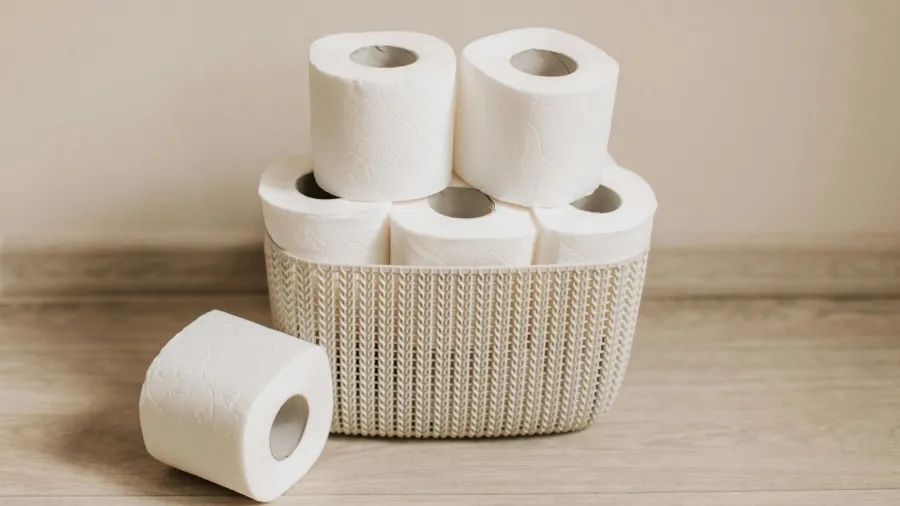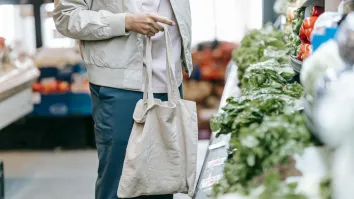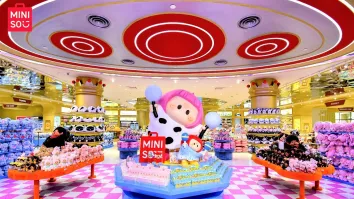
How tissue and hygiene industry adapts to sustainability demands
Incorporating sustainability features alongside performance and quality is deemed crucial.
The tissue and hygiene industry is thriving amidst sustainability challenges such as resource intensity and waste generation, according to Euromonitor International.
The market for sustainable products saw an 8% compound annual growth rate in value sales from 2020 to 2023, outpacing their non-sustainable counterparts.
Retail tissue is driving industry growth as heightened scrutiny of corporate climate actions underscores the need to tackle the resource-intensiveness of tissue production.
Companies are increasingly highlighting their sustainable sourcing efforts through claims certified by the Forest Stewardship Council (FSC) and using sustainable packaging to support popular claims like “environmentally friendly” and “biodegradable.”
For retail tissue players, incorporating sustainability features alongside performance and quality is crucial, as consumers are reluctant to compromise on these aspects. Euromonitor International’s Voice of the Consumer: Sustainability Survey revealed that 50% of global respondents prioritise “value for money” when purchasing home essential products, followed closely by “high quality” at 47%.
Given the high costs of sustainability-related modifications, businesses are focusing on key areas such as sourcing, ingredients, and packaging. These aspects are under intense scrutiny from both consumers and regulatory bodies, making it essential for companies to communicate their efforts in reducing carbon footprints at every stage.
Non-wood alternative fibers, such as bamboo, eucalyptus, and wheat straw, have emerged as strategic solutions to the challenges posed by the current resource-intensive supply chain. Their rapid renewability allows businesses to enhance their green credentials with claims like “sourced sustainably” and “responsible forestry.”
Additionally, the use of paper packaging is increasing, as evidenced by the rise in FSC-certified products.
In the retail hygiene products sector, quality, effectiveness, and performance are non-negotiable for consumers. Features such as comfort, odor and leak control, softness on the skin, and absorbency are highly valued, making consumers willing to invest in these products. However, sustainability is gaining ground due to conscientious parents and skincare interest.
Hygiene brands are now emphasising “free from” claims like “BPA free” and natural claims that suggest skin protection and nourishment as part of their sustainability narrative.
Companies are also refining their communication about sustainably sourced alternative materials, such as organic cotton, which is becoming a prominent feature in baby nappies/diapers and menstrual products marketing.
Moreover, companies are addressing post-consumption challenges by reducing their use of virgin plastic and transitioning to paper and recycled material packaging. Initiatives such as recycling and upcycling programs are becoming more common.

















 Advertise
Advertise







